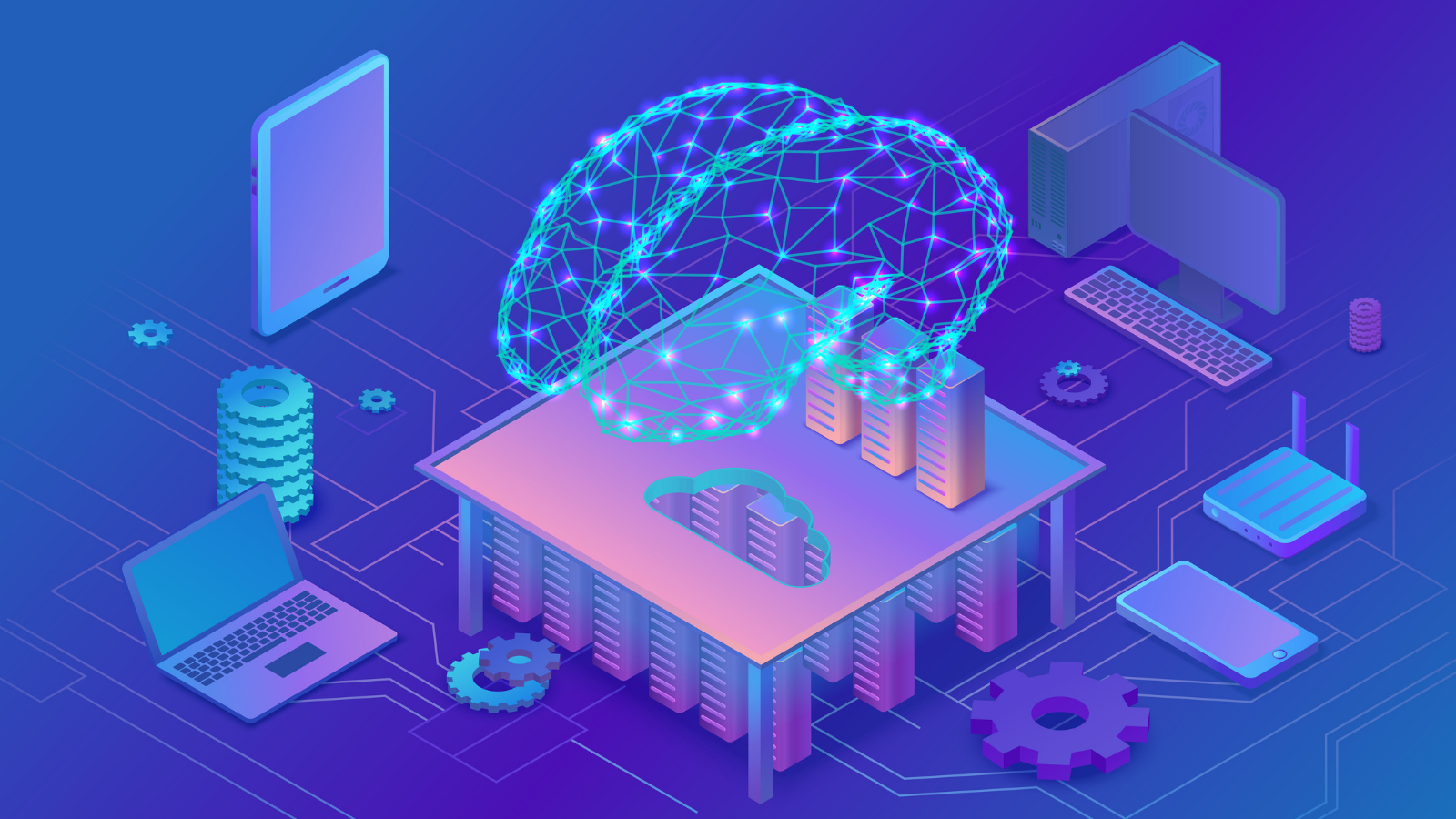Artificial Intelligence (AI) is no longer just a futuristic concept; it has become a fundamental part of our daily lives. From virtual assistants like Siri and Alexa to self-driving cars and personalized recommendations on streaming platforms, AI is transforming how we interact with technology.
One of the most significant applications of AI is in the workplace. Many businesses are using AI-powered automation to streamline processes, reducing human error and improving efficiency. Industries such as healthcare, finance, and retail have adopted AI-driven solutions to enhance decision-making and customer service. Chatbots and AI-powered customer support systems are now handling millions of inquiries daily, saving companies time and resources.
Another key area where AI is making an impact is in healthcare. Machine learning algorithms can analyze vast amounts of medical data to detect diseases early, assist in diagnosis, and even recommend personalized treatment plans. AI is also helping in drug development by speeding up the process of finding potential treatments for various illnesses.
Despite its benefits, AI raises ethical concerns. Issues like job displacement due to automation, data privacy, and bias in AI decision-making are hot topics in the tech world. There is an ongoing debate about how to regulate AI to ensure it remains beneficial without causing harm.
As AI continues to evolve, its potential is limitless. From self-learning robots to AI-generated content, the future will be shaped by how we harness this technology. While AI makes life more convenient, it is crucial to use it responsibly to create a balanced and ethical digital world.

















